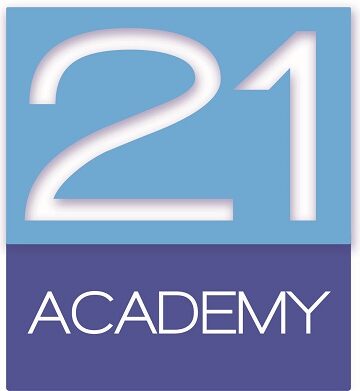Without doubt all lawyers know their particular area of law really well but sometimes still find it difficult to answer what may appear to be a simple question, put forward by the client, because of all the nuances behind the answer. It is definitely similar with accounting.
The course will provide the participants with the basics of accounting to help them gather fluency when making discovery requests and engaging opposing parties on financial and accounting. It will also help them understand if and when the need from accounting professionals is necessary.
More often than not, lawyers require an accounting background and skills during cases involving;
- Business Valuation
- Exposure Damages
- Solvency Analysis
- Financial Reporting
- Cost Allocations
- Financial Due Diligence
- Lost Profits and Lost Income
- Fraud Investigations
- Future Costs
- Forensic Accounting
- Representations and Warranties Claims
- Reasonable Royalty Calculations
- Viability of Proposed Reorganization Plans
- Liquidated Damages
During this short course participants will learn to understand:
- The main elements of financial statements
- The main accounting concepts
- The financial statements of companies
- The basics of group accounting
- Interpretation and analysis of financial statements
Who should attend?
In-house lawyers, lawyers working in private practice, law students and legal executives.
Course: The Basics of Accounting for Lawyers
During this short course participants will learn to understand:
- The main elements of financial statements
- The main accounting concepts
- The financial statements of companies
- The basics of group accounting
- Interpretation and analysis of financial statements
Lecture 1 – Tuesday, 13 May 2025
17:30hrs to 19:30hrs – online
- The accounting framework in Malta
- The elements of financial statements: –
- Assets, liabilities, equity, income and expenses
- Application of these elements to a company’s financial statements:-
- Statement of financial position (SFP) e.g. tangible vs intangible assets, share capital and reserves
- Statement of profit or loss
- Statement of changes in equity
- Statement of cash flows
- The accruals concept
- The going concern concept
- The duality concept
Lecture 2 – Tuesday, 20 May 2025
17:30hrs to 19:30hrs – online
- Analysing the statement of profit or loss and the statement of financial position
- The concept of revenue
- Depreciation, amortisation and impairment
- Revaluations of assets and their effect on profits and reserves
- Provisions vs contingent liabilities
- Events after the reporting period: are they adjusted for in the financial statements?
- Reference will be made to the published financial statements of some local companies
Lecture 3 – Tuesday, 27 May 2025
- The statement of cash flows
- Profit vs cash
- Analysing the statement of cash flows into operating, financing and investing activities
- Group accounts
- Subsidiary vs associate: control vs significant influence
- Salient point to keep in mind when looking at group accounts
Lecture 4 – Tuesday, 3 June 2024
17:30hrs to 19:30hrs – online
- Interpretation of financial statements
- Analysis and appraisal of the performance and position of an entity using ratios
- The growing importance of forensic accounting




